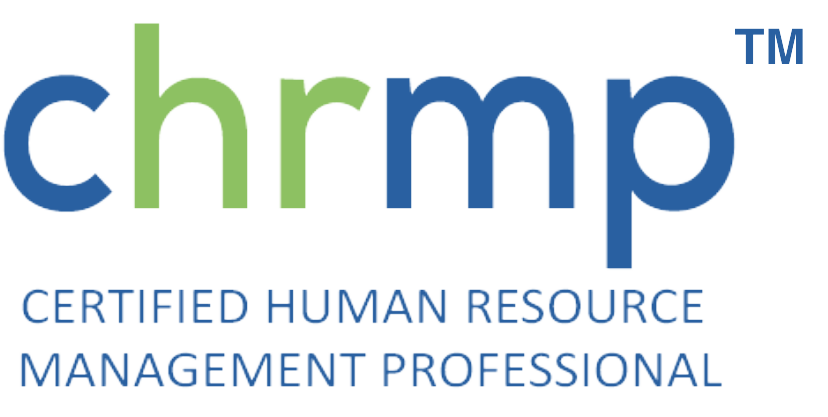The Internal Committee (IC) is a vital component of the POSH Act, 2013, designed to address and resolve complaints of sexual harassment at the workplace. However, it is important to note that establishing an IC is mandatory only for organizations employing 10 or more employees. This text highlights essential aspects to help organizations strengthen the IC’s role beyond the basics.
Building Awareness about the IC
Employees often lack a clear understanding of the role and functioning of the Internal Committee (IC). Employers should prioritize educating their workforce about the IC’s purpose, composition, and operational framework. This helps promote transparency and builds confidence in the system.
Ensuring Fair Representation
The IC must be a balanced body that represents various levels of the organization. It is crucial to ensure that the IC has a mix of members from different departments and levels, including a mandatory external member with relevant expertise. This diversity promotes impartiality and inclusivity in handling complaints.
Confidentiality as a Cornerstone
The IC’s effectiveness hinges on maintaining confidentiality throughout the complaint-handling process. Breaching confidentiality can lead to loss of trust and potential retaliation against the complainant. Clear guidelines for safeguarding sensitive information must be a priority for all IC members.
Regular Training for IC Members
Being an IC member requires a strong understanding of the legal framework, sensitivity in handling complaints, and proficiency in documentation and investigations. Regular training sessions equip IC members with the necessary skills to fulfill their roles effectively and maintain credibility.
Addressing Challenges
Handling harassment complaints is a sensitive task that may involve emotional distress, interpersonal conflicts, or fear of retaliation. The IC should adopt a compassionate approach while ensuring adherence to the legal framework. Maintaining neutrality and clear communication helps resolve cases effectively.
The Role of the IC in Building Workplace Culture
Beyond addressing complaints, the IC contributes to fostering a positive workplace culture. Conducting awareness sessions, suggesting improvements to workplace policies, and actively encouraging respect and inclusion are some ways the IC can go beyond its core responsibilities.
Strengthening the IC’s structure, training, and proactive measures not only ensures compliance with the POSH Act but also sets the foundation for a respectful and safe workplace. A well-functioning IC reflects an organization’s commitment to its employees’ well-being.

Responses